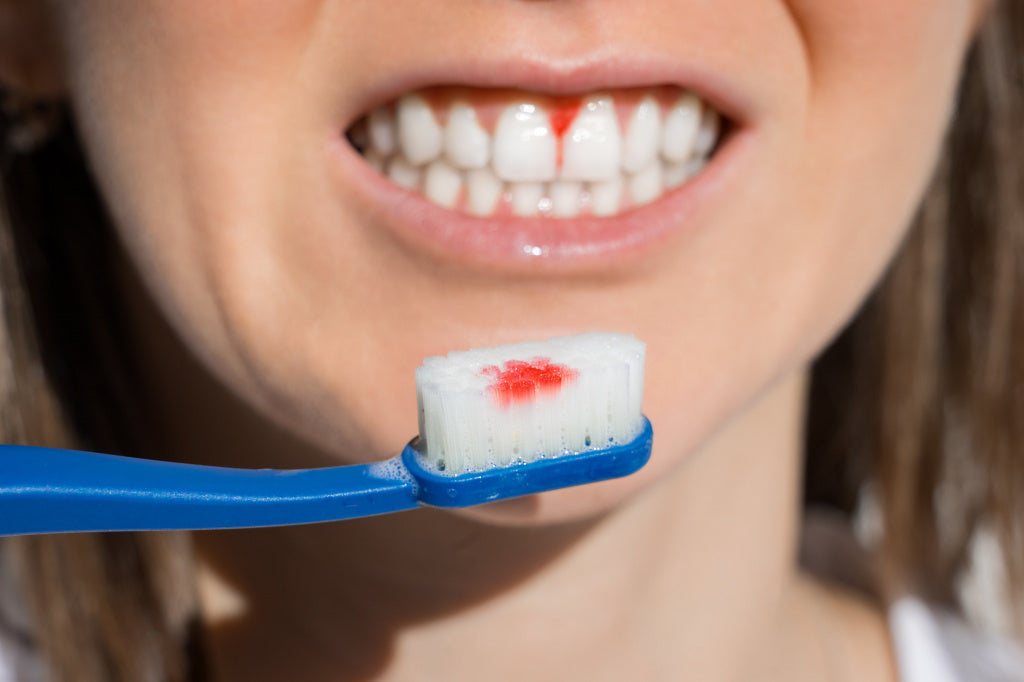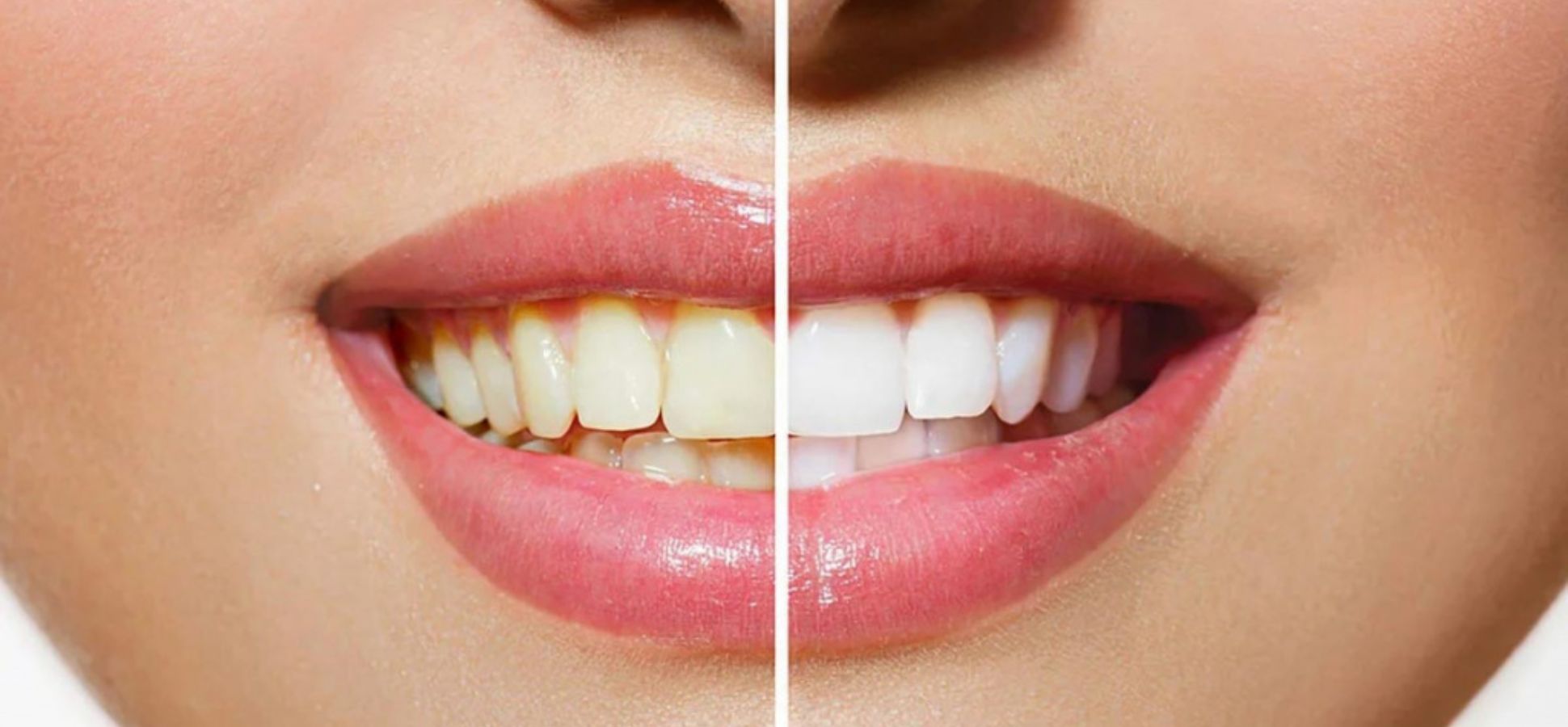Do you remember a time you had gums bleed when flossing your teeth? You're not alone. Most individuals fight this problem in one way or another, and if the causes of experiencing this dysfunction are elucidated, it’s entirely treatable.
The most common reason for bleeding is the build-up of smear or calculus. Either of these substances can enable bacteria along the gum line, and when flossing, one may experience sensitivity and bleeding. Other contributing causes of bleeding gums include not brushing your teeth adequately. Some of the reasons that may make you see blood when flossing are outlined below, along with mouth care advice.
The Reasons Behind the Bleed When Flossing
There are several possible reasons for bleeding teeth while flossing. Some common causes include:
Periodontal Disease
The primary cause of bleeding with the gums during brushing or flossing is periodontal disease. This condition inflames the gum and the bone that lies just below the gum and borders the teeth and it is normally caused by a buildup of plaque and bacteria. In the last stage of the disease, common symptoms are tender and swollen gums while flossing. You will worsen the disease and eventually lose your teeth if you do not treat your gums.
Poor Oral Hygiene
If you are not a person who celebrates brushing of teeth then do not expect well maintained oral health. Floss your teeth when you don’t normally do it or if you floss your teeth wrongly, your gums become swollen and bleed due to plaque formation. Other conditions include; Gum diseases are also known to be caused by poor oral hygiene.
Lack of proper flossing
The wrong flossing technique, or teeth flosser, can also result in bleeding teeth. These traditional flossing methods are abrasive to the gum line and may cause bleeding when applied.
Oral Lesions and Infections
In other cases, gums bleed easily or are caused by mouth lesions or infections, such as canker sores, gum abscesses, or oral thrush. These conditions may lead to inflammation, and thus, gums become prone to bleeding when flossed.
Hormonal Changes
These hormonal changes also cause the gums to bleed. Sounds weird? It is not particularly true for women. Gently flossing the teeth is a thing that most working women have problems with as they surge bleeding while doing so when pregnant or having their periods. It also reminds that hormones make the gum tissues become tender or easily inflamed as a fact.
Gingivitis
This early stage of gum disease occurs when plaque accumulates on the teeth, a common cause of bleeding gums when flossing. It’s evidenced by red and bleeding gums as well as distorted gum margins. Thus, regular tooth washing with a toothbrush and interdental cleansing floss prevents gingivitis.
Nutritional Deficiencies
The deficiency in specific nutrients,, like Vitamins C and K, can undermine gums and cause bleeding after flossing. Explain the need for a proper diet and consider the feasibility of supplement consumption.
Tobacco Use
Well, the smoking and the use of other tobacco products have adverse effects on gum tissues and cause bleeding periodontal disease. Promote tobacco use cessation for better oral health.
How to keep from bleeding when flossing
It confirms that you must establish the proper flossing regimen to avoid blood. Use approximately 45 cm of floss, folding most of it behind the middle fingers and pinching a piece between the thumbs and the index fingers. Slide the floss up against the side of the teeth; then move it in a C-shape around the gum line. Do not neglect to floss at the back of your mouth, especially around the two molars, if there is any somewhat narrow space.
If bleeding continues after flossing, you should use softer floss, preferably unwaxed, or use dental floss picks. You can also opt for dental floss with fluoride to help rebuild tooth enamel and prevent inflamed gums. If blood does not clot, rinse the mouth with PerioShield, a mouthwash that fights plaque formation through the antimicrobial organisms of the mouth.
If the problem, which is actually tooth bleeding while flossing, does not fade away, it could mean that you should visit your dentist for a thorough professional cleaning and examination. This can detect other conditions, such as gingivitis and cavities, and give proper advice on the same.
My Smiles: Smiles That Lasts Lifetime
In conclusion, bleeding teeth are pretty common in most people and can result from gum disease, dental work, vitamin deficiencies, or medication. You can learn the reasons and how to prevent such instances from happening by practicing good practices such as flossing properly and seeing your dentist often. But if you are phobic about sitting underneath light and worried about what a dentist will do, the simple solution is available: At-Home Teeth Whitening Products and My Smile have all those for you. So pick your whitening kit and let your oral health revive.
Because dental health is a specific part of your general health, do not forget about your teeth!









